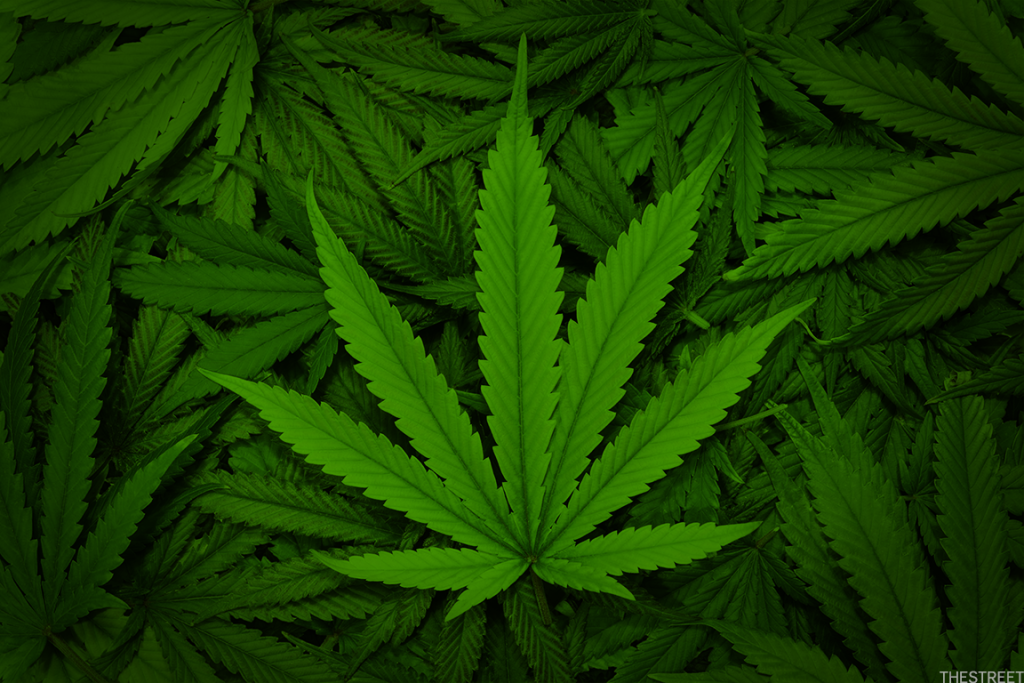Delta-8-tetrahydrocannabinol, commonly known as Delta-8 THC, has been gaining attention in the cannabis world as a potentially safer alternative to its more well-known cousin, Delta-9 THC. While both cannabinoids share a similar chemical structure and offer psychoactive effects, Delta-8 THC is often touted as having a more gentle impact on the body and mind. Delta-9 THC is the primary psychoactive component of cannabis and is responsible for the characteristic high associated with marijuana use. It interacts with the endocannabinoid system, particularly the CB1 receptors in the brain, leading to various effects such as euphoria, altered perception, and increased appetite. However, it can also cause unwanted side effects like anxiety, paranoia, and impaired motor function, especially at higher doses. Delta-8 THC, on the other hand, is a minor cannabinoid found in trace amounts in cannabis plants. Its molecular structure is almost identical to Delta-9 THC, with only a slight difference in the placement of a double bond in the carbon chain.

This small structural variation results in a distinct interaction with the CB1 receptors, producing effects that are often described as more subdued and less intense than those of Delta-9 THC. One of the primary reasons Delta-8 THC is considered a safer alternative is its reportedly milder psychoactive effects. Users often report experiencing a more relaxed and clear-headed high, with fewer instances of anxiety or paranoia. This can make delta 8 vs delta 9 THC a preferable option for those who are sensitive to the stronger effects of Delta-9 THC or who seek a more manageable experience. Moreover, Delta-8 THC is gaining popularity in the wellness community due to its potential therapeutic benefits. Early research and anecdotal evidence suggest that Delta-8 THC may offer relief from pain, nausea, and anxiety, similar to Delta-9 THC, but with a lower risk of adverse effects. This makes it an appealing option for individuals seeking the medicinal benefits of cannabis without the intensity of Delta-9 THC.
However, it is important to note that Delta-8 THC is not without its own risks. Since it is often produced synthetically from CBD in the lab, the quality and safety of Delta-8 products can vary significantly. The lack of standardization and regulation in the production of Delta-8 THC products means that consumers must exercise caution and choose products from reputable sources. while Delta-8 THC may offer a gentler alternative to Delta-9 THC, it is not without its own considerations. Its milder psychoactive effects and potential therapeutic benefits make it an attractive option for many, but the variability in product quality necessitates careful selection. As research continues and regulations evolve, Delta-8 THC may become a more widely accepted and safer choice for those exploring the benefits of cannabinoids.

